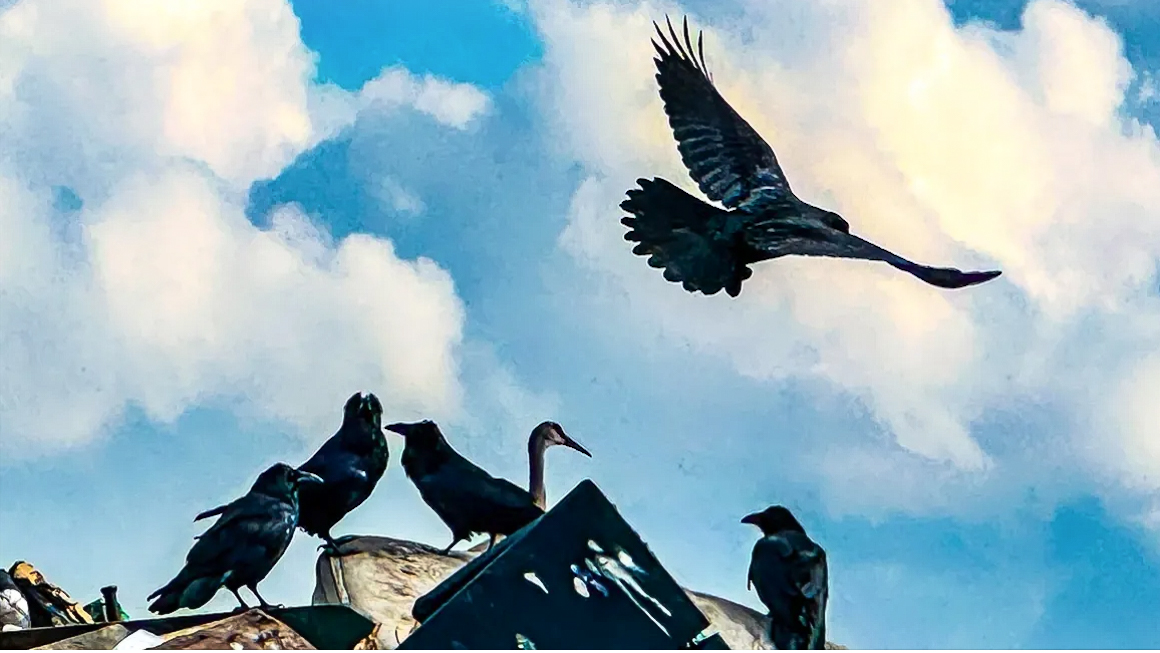Featured
One confirmed case of bird flu swoops into the NWT, but no sign of outbreak
Low risk to other feathered creatures, transmission to humans is rare, relatively mild, but CPHO advises caution

The Department of Environment and Climate Change (ECC) has confirmed one case of Highly Pathogenic Avian Influenza, otherwise known as bird flu, in a raven, with one additional suspected case.
Testing identified the H5N1 strain, which is highly infectious among birds, NWT Chief Public Health Officer Dr. Kami Kandola stated in a release.
There is no sign of an outbreak, and risk to other birds currently remains low.
While the transmission of bird flu to humans is rare and usually relatively mild, Kandola, advises residents to remain cautious.
Some safety guidelines:
- Avoid handling dead wild birds or live birds acting strangely.
- Report sightings of sick, injured, or dead wildlife to your ECC Regional Office or email the ECC Wildlife Health Program at WildlifeVeterinarian@gov.nt.ca.
- If you are experiencing any respiratory symptoms, and have been recently (within 10 days) in contact with wild birds or domestic birds showing signs of illness, reach out to your local health centre immediately for assessment.
There are currently no vaccines for bird flu but there are antiviral drugs that can be used for treatment as soon as symptoms develop.
Seasonal influenza vaccines do not offer protection against bird flu.
Meanwhile, B.C. health officials say they still don’t know how a teenager became infected with the H5N1 strain of avian flu, but say no further cases have been identified.
As CBC reports, it’s thought to be the first human case of H5N1 avian influenza caught in Canada.
The teenager was still in critical condition as of Tuesday, but information on any pre-existing conditions isn’t immediately known.




